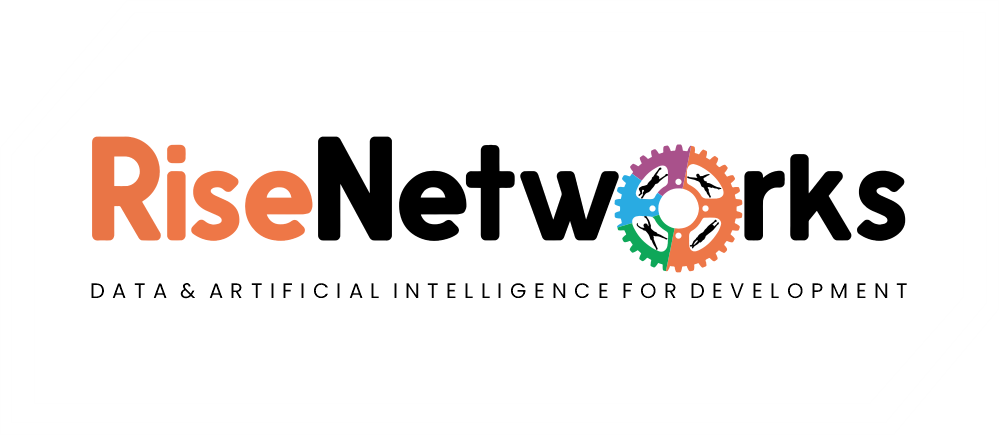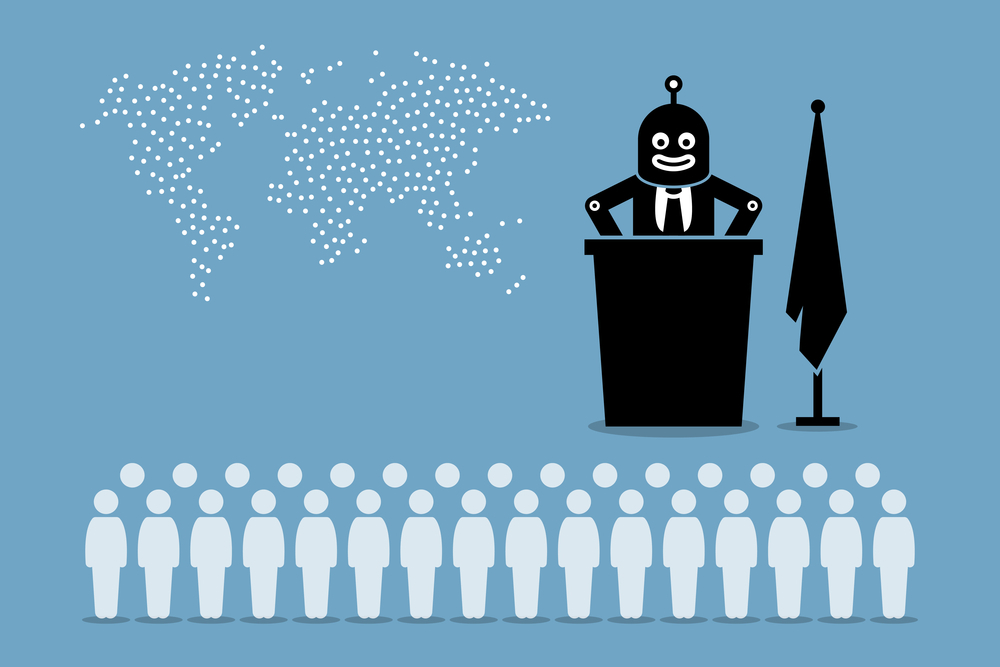The story of artificial intelligence getting to mainstream Nigeria is rapidly catching up with all works of life. From the boom of the fintech companies to Facebook announcing its intention to launch a new office in Lagos, the future of machine learning and robotics has only become clearer in Nigeria. But without AI being implemented in municipal governance and outdated systems, enthusiastic tech entrepreneurs could lose the zeal to venture into the country.
For AI to enjoy relatively smooth sailing in piloting Nigeria into the fourth industrial revolution, smaller arms of government must start today the introduction of automated technology and machine learning into their day-to-day activities. But how can they start, one might ask.
In an article published in Business Insider Africa, we are presented with ways that African nations can utilize AI to improve municipal governance.
See below five ways from the article:
Virtual Assistants:
The public sector fields thousands of questions a month from the general public, taking up valuable human resources and more importantly, time. AI-powered assistants can not only answer questions with higher speed and accuracy, but they can also learn, develop, and get smarter with each question. The US military is using virtual assistants to help prospective recruits. Think of a bureaucratic Amazon Alexa or Google Home.
Better Predictions:
AI can use predictive algorithms to protect governments from corruption and financial fraud. Such technologies can also predict the seriousness of wounds and help medics prioritise treatment and evacuation. Predictive AI can even forecast the weather more accurately.
Better Health Care Services:
The government could use AI to assist surgeons during necessary procedures. In some cases, AI-powered surgeons have outperformed their human counterparts. African hospitals have already started using AI for analysing genomic data.
Reducing Backlogs:
When it comes to innovation, the patent office plays an important role. There are thousands of patent applications a year. Any delays to their approval can harm a business’s productivity. A study concluded that just one year of delay in reviewing patent applications that ultimately receive approval reduces a company’s employment and sales growth by 21 and 28 percent, respectively, over five years. Cities can apply the same principle to almost any government document or license entrepreneurs might apply for.
Crime Prevention:
AI could use facial recognition algorithms to identify criminals better. A study was conducted to conclude just that, and it was successful. Researchers trained their algorithm on 1856 different images of Chinese men, half of whom were known criminals. The algorithm was able to correctly spot the criminal and non-criminal 89.5% of the time.


